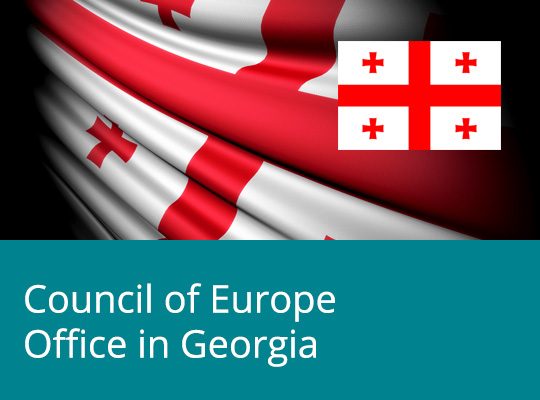In its interim opinion on the draft law of Georgia on de-oligarchisation published today, the Council of Europe’s body of constitutional experts, the Venice Commission, called on the Georgian authorities to adopt systemic reforms rather than targeting specific individuals, in order to achieve “de-oligarchisation”.
“Oligarchisation” is the result of a combination of non-transparent exercise of political power without a political mandate, influence on parliaments, governments, political parties, judiciary and law enforcement bodies; ownership or influence on the media; decisive, if not monopolistic, influence on a number of areas, such as energy, mining, oil and gas, metallurgy, real estate. Eliminating such excessive influence of vested interests in economic, political and public life is a novel and very complex issue.
The Venice Commission noted that while Ukraine was the first country to adopt specific de-oligarchisation legislation, the commitment to eliminate the excessive influence of vested interests in economic, political and public life was also the object of a specific European Commission recommendation to Georgia and the Republic of Moldova. Georgia has since prepared a draft law which is very closely modelled on Ukrainian Law. Each country, however, presents specificities.
The Venice Commission supported the goal of eliminating or at least limiting the influence of oligarchs in political, economic and public life. It highlighted, however, that the choice of the means to achieve such a legitimate goal is of decisive importance if the system is to be effective while respecting democracy, the rule of law and fundamental rights. Any such measures should be commensurate to the goal pursued of achieving a level playing field for all actors in society.
The Commission stressed that de-oligarchisation should be ensured through a systemic approach, which has a preventative effect and targets numerous fields, such as legislation relating to media, anti-monopoly, political parties, elections, taxation, anti-corruption and anti-money laundering, etc.
The Georgian draft law instead focuses on a so-called “personal” (punitive) approach, seeking to identify so-called “oligarchs” through specific criteria, such as wealth and media ownership, to publicly label them as “oligarchs” and to subject them to series of blanket limitations that include exclusion from the financing of political parties or activities, exclusion from privatisations of public property, etc. This approach, in the opinion of the Venice Commission, carries high risks of human rights violations and arbitrary application, potentially harming political pluralism. At the very least, the Commission recommended transferring the power to designate a person as an “oligarch” to another body than the Government, removing the broad discretion of the Government in interpreting and applying these criteria and providing strong guarantees for human rights, due process and effective remedies.
The Venice Commission has prepared the current opinion as an interim one, with a view of pursuing its analysis of possible solutions to this matter and taking into account further legislative developments when they are available.
* * *
The opinion was prepared under the Quick Response Mechanism (QRM) in the framework of the EU/CoE joint programme Partnership for Good Governance, co-funded by the Council of Europe and the European Union and implemented by the Council of Europe.




